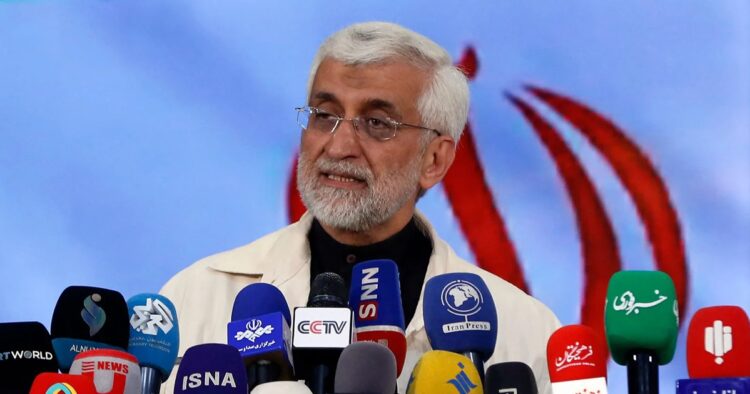Today, June 28, Iran is holding its presidential elections earlier than usual due to the unexpected death of President Ebrahim Raisi in May. These elections, which normally occur every four years, will determine the country’s new leader in a time of significant political and economic challenges.
The process begins when the Ministry of Interior announces the election date and opens registration for candidates. To run for president, candidates must be between 40 and 75 years old, have at least a master’s degree, and possess four years of managerial experience.
This time, 80 people applied, including four women. However, the Guardian Council, a 12-member body that approves candidates, allowed only six men to run. Historically, the Council often disqualifies reformist and centrist candidates, leaving mostly conservatives in the race. This year, only one reformist made it through.
Once approved, candidates start their campaigns, sharing their plans and engaging with voters. Iranian citizens aged 18 and over can vote. If a candidate receives more than 50% of the votes, they win. If not, the top two candidates will compete in a runoff election.
The Candidates
This year, the Guardian Council initially approved six candidates, but two dropped out on June 27. The remaining candidates are:
- Mohammad Bagher Qalibaf: The current Speaker of Parliament and former mayor of Tehran, Qalibaf is a hard-liner known for his role in cracking down on student protesters.
- Saeed Jalili: Former Secretary of the Supreme National Security Council and top nuclear negotiator, Jalili is a staunch hard-liner with strong ties to the regime.
- Masoud Pezeshkian: The only reformist candidate, Pezeshkian is a former Health Minister who aims to revive the nuclear deal and appeal to liberal voters.
- Mostafa Pourmohammadi: A cleric with past roles as Interior and Justice Minister, Pourmohammadi is known for his involvement in the 1980s mass executions of political prisoners.
Several critical issues are influencing this election:
- Economic Crisis: Iran faces severe economic problems, including high inflation and unemployment. U.S. sanctions have had a significant impact, and there are widespread allegations of government corruption.
- Nuclear Policy: The future of Iran’s nuclear program and its commitments under the Joint Comprehensive Plan of Action (JCPOA) are major topics. Candidates’ positions on this issue are closely watched as it affects sanctions and international relations.
- Foreign Policy: Iran’s involvement in conflicts in Syria, Iraq, and Yemen, as well as its relations with Western countries, especially the U.S., are important issues in this election.
- Domestic Governance and Reform: Public discontent is growing due to economic and social issues. Human rights and freedoms are becoming more prominent concerns, especially after the government handled protests following the death of Mahsa Amini in 2022.
ALSO READ: “Iran Votes for New President Today After Ebrahim Raisi’s Tragic Helicopter Crash”
This election, marked by the sudden death of President Raisi, comes at a time of significant political and economic uncertainty. The approved candidates are mainly hard-liners, with only one reformist in the race, reflecting the Guardian Council’s stringent vetting process.
citizens have limited choices, and the ultimate power lies with the Supreme Leader, Ayatollah Khamenei. The outcome of this election will be closely watched both in Iran and internationally, as it will shape the country’s future amid regional instability and internal discontent.

















Comments